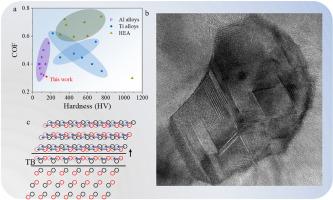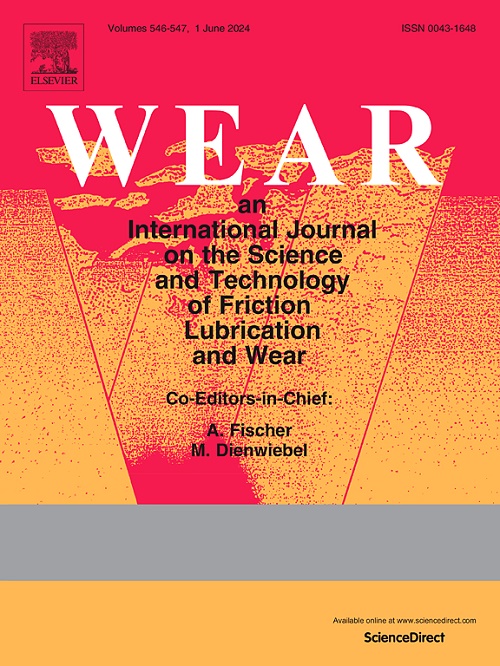Nano-twinned silicon in Al-Si alloys for high wear-resistance
Abstract
Wear-failure is the most common damage for power transmission components in the field of engineering materials, constituting approximately one-fourth in service loss. The development of high wear-resistant Al alloys plays a crucial role in reducing energy demand and weight, and then attributes to the achievement of dual-carbon target. Here we report a novel strategy to develop outstanding wear-resistant (the coefficient of friction of 0.31) Al-10 wt%Si alloys at room temperature, based on the formation of multiple parallel {111} twins and hierarchical {111}-{111} double twins by a route of combining ultrahigh pressure solid solution and electropulsing assisted aging (HPEP), which overwhelms all values of Al alloys, even Ti alloys and high entropy alloys reported so far. The microstructure, formation process and wear-resistant mechanism of nano-twinned Si have been clarified by transmission electron microscopy observations, molecule dynamics simulations and the first principles calculations. It demonstrates that the interactive nano-twinned Si structures are mainly introduced through twin-twin collision or the phase/matrix interface prohibition of twin motion, which are effective to restrain atom separation in contrast to eutectic Si perfect crystal, resulting in homogeneous wear-loss and long operation life. Those new results provide insights towards designing wear-resistant materials with high mechanical properties.


 求助内容:
求助内容: 应助结果提醒方式:
应助结果提醒方式:


